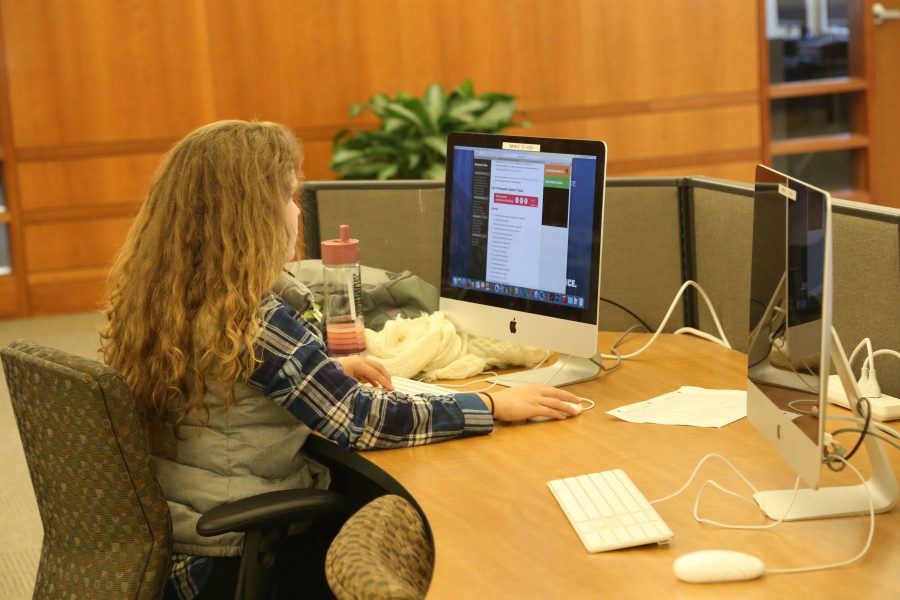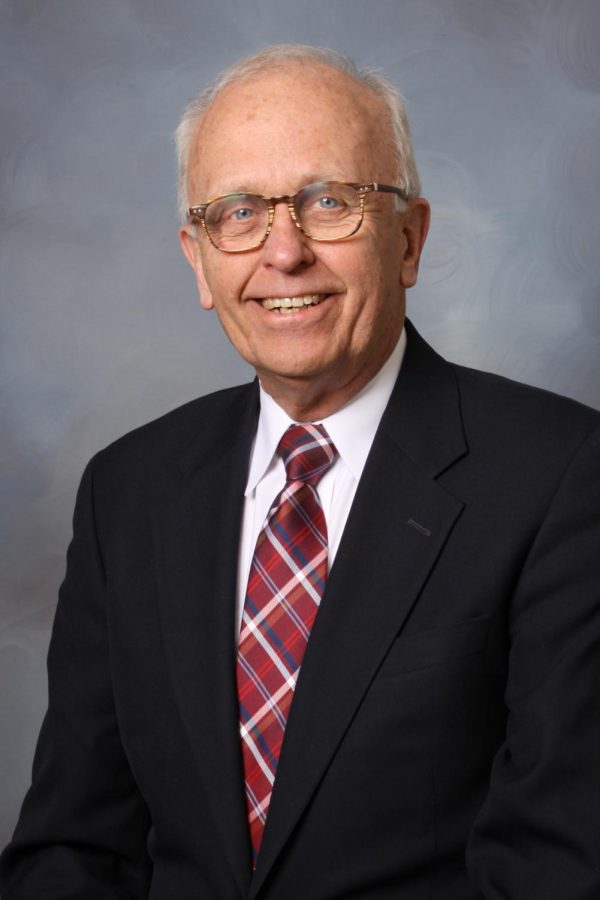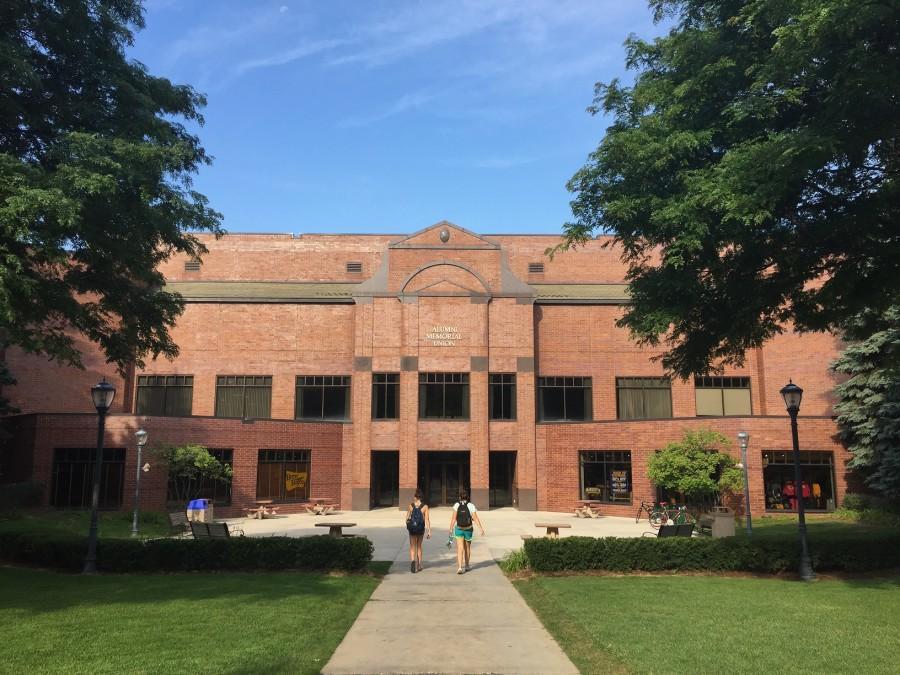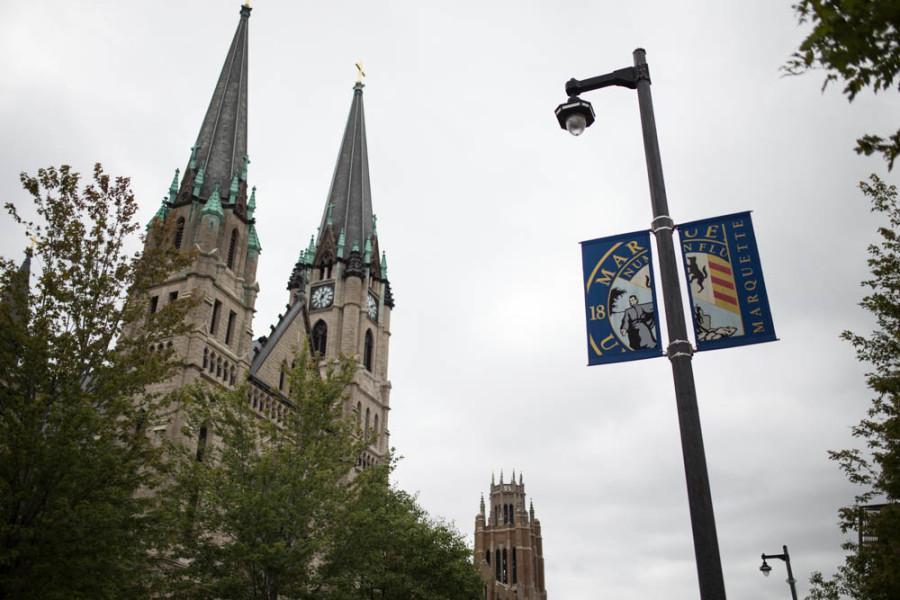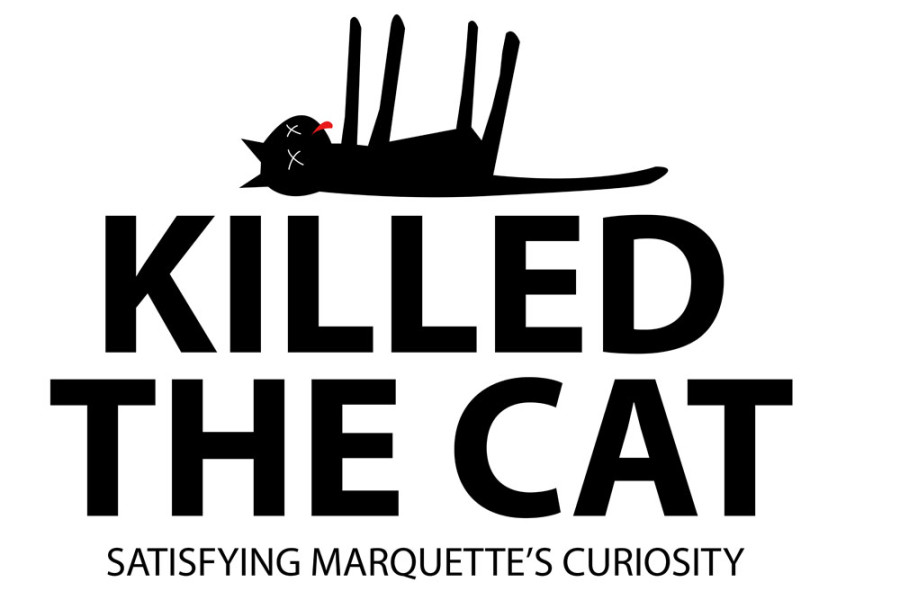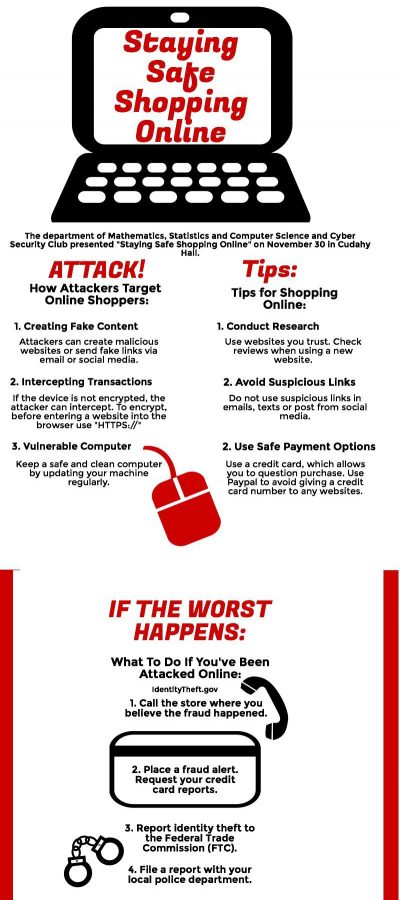Marquette launched a cyber security club which explores issues like internet privacy and will compete in national competitions. The club held its first meeting in Cudahy Hall Fri., Oct. 16 and was led by adviser Drew Williams, a graduate student in the College of Arts & Sciences.
Williams said cyber security is a growing field due to the rapid growth of computers.
“With rapidly growing technology, there is also rapidly growing ways to break things,” Williams said. “It’s a race. The people that are building programs to fix things need to be faster than the people building ways to break things.”
The club decided to start meeting in October to coincide with National Cyber Security Awareness Month, said Tom Kaczmarek, a faculty adviser to the club and professor in the department of mathematics, statistics and computer science. He said the club wants to include students from varying majors, not just computer science.
“Engineering certainly has students that are aware of computing technology, especially in the electrical and computer engineering programs,” Kaczmarek said.
Kaczmarek added cyber security can be valuable for various fields of study.
“Cyber security isn’t just a technical issue, it’s also an issue for people that are very interested in privacy,” Kaczmrek said. “That could be philosophy majors or students in nursing, where there’s a lot of privacy regulations these days.”
Williams said the club will discuss breaches in cyber security regarding the internet of things which is the idea that more objects and appliances are implementing features that involve internet use.
“Last year, there was an incident where hackers remotely disabled a Jeep while it was in motion,” Williams said. “They were able to hack in because the Jeep had a feature that allowed it to connect to the internet. We can discuss attacks like this and how to prevent them.”
The club will also discuss laws that involve cyber security, Williams said.
“Because the internet has grown so quickly, we’re still trying to figure out good policies,” Williams said. “There’s still conflicts over international laws. There have been lots of incidents recently where America has experienced cyber-attacks performed by other countries.”
Williams said the club plans to go on tours of local tech companies, such as PKWARE, which provides data compression software and was the creator of the ZIP file format.
The club can also participate in cyber security competitions hosted by the National Cyber League. Competitions are hosted in the fall and involve cash prizes.
The club missed this fall’s season, but the NCL has a spring training session that gives students training on wireless security, cryptography and ethic analysis. Williams plans to use the sessions to get a team together and prepare for competitions next fall.
Accommodating both undergraduate and graduate students is one of the challenges the group faced in its attempt to become a formally recognized club.
“Both clubs would still meet together and interact, but there’s regulations on campus for formally recognized student organizations that we need to comply with,” Kaczmarek said.
Kristen Kozmary, a graduate student in the College of Arts & Sciences, said she is excited to attend future meetings.
“I’m brand new to computer science and cyber security really piqued my interest,” Kozmary said. “(The club has) a variety of opportunities. I thought the spring training for competitions sounded really interesting.”

